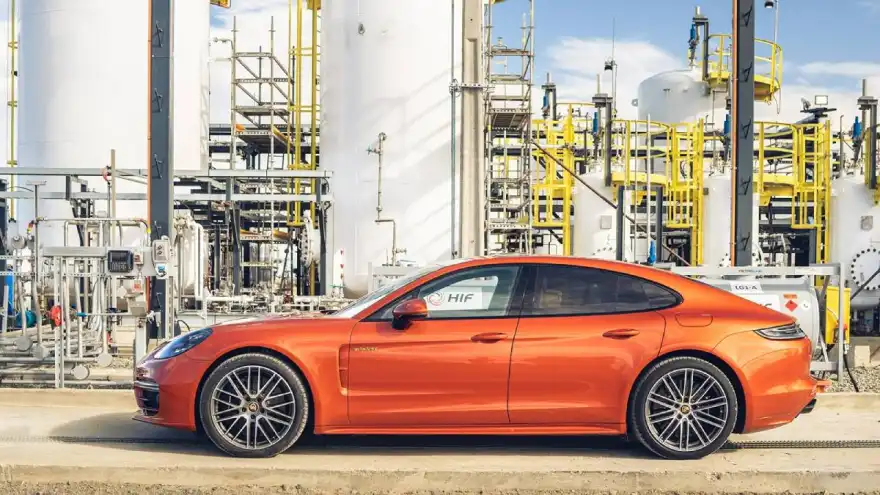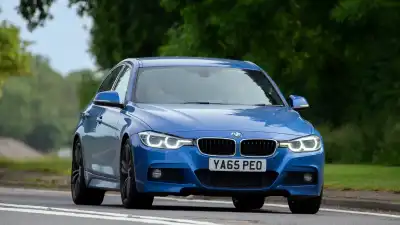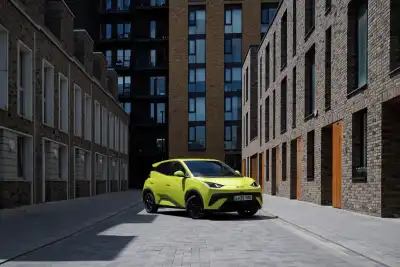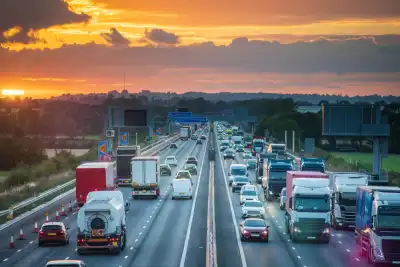
The European Union and Germany have reached an agreement to allow new passenger vehicles with combustion engines to be sold after 2035, provided they use climate-neutral "e-fuels" exclusively.
This agreement comes after the European Parliament formally approved a law last month to ban the sale of new cars with a com bustion engine from 2035, including petrol, diesel, and hybrid models. Germany threatened to block the law unless it included a loophole for new vehicles running on carbon-neutral e-fuels.
The UK government has not yet taken a position on whether combustion engine cars using e-fuels will be allowed, but the Department for Transport has said that if e-fuels are proven to be "zero-emission at the tailpipe," they could stay on sale beyond 2035.
The DfT's official line states: 'We remain committed to phasing out the sale of new petrol and diesel cars and vans by 2030, with all new cars and vans being zero emission at the tailpipe by 2035.'
However, a Department for Transport spokesperson told This in Money that if e-fuels are proven to be 'effectively zero-emission' they would adhere to its 2035 mandate and technically could keep new combustion engine models on sale after this date.
'We don't have an exact position on e-fuels at the moment. If industry can prove they are zero emission then they are fine. The infrastructure is not necessarily there at the moment, that's why the current default [for new cars on sale beyond 2035] is electric vehicles.
'But in terms of a position right now on e-fuels, we don't really have one which says we are for or against them. If they comply the rules then great, but if not then they will fail to meet requirements to be completely zero emission by 2035.'
The arguments for and against e-fuels are ongoing, with some car brands, including Porsche and Mazda, exploring their development. However, a recent study found that all planned e-fuel projects worldwide would only cover 10% of Germany's demand for e-fuel use in aviation, shipping, and chemicals in the next few years.
EU Commission Vice-President Frans Timmermans tweeted over the weekend: 'We have found an agreement with Germany on the future use of e-fuels in cars.
'We will work now on getting the CO2-standards for cars regulation adopted as soon as possible, and the Commission will follow-up swiftly with the necessary legal steps to implement recital 11.'




